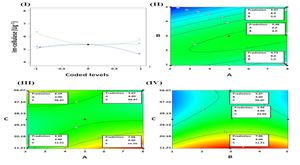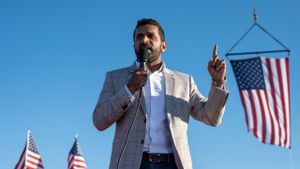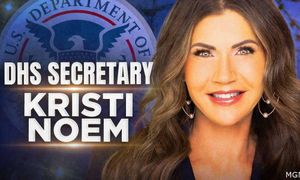U.S. President Donald Trump recently announced the upcoming visit of Japanese Prime Minister Shigeru Ishiba to the White House, set for February 7, 2025. During this meeting, both leaders are expected to engage in discussions aimed at solidifying the longstanding alliance between the United States and Japan.
Trump expressed his anticipation for the conversation, saying, "They’re coming in to speak to me and I’m looking forward to it," clearly highlighting the importance he places on strengthening ties with Japan. This meeting arrives during a time of increasing concerns over China's growing influence and activities within the Indo-Pacific region.
The anticipated dialogue will focus significantly on enhancing cooperation between the two nations, particularly concerning security and economic matters. Reports indicate Ishiba desires to develop a personal rapport with Trump to advance the Japan-U.S. alliance, especially as both leaders share similar apprehensions about regional stability.
According to the
_Asahi_ newspaper, the agenda for their discussions will include ways to deepen collaboration across various sectors, with emphasis on defense commitments and economic contributions from Japan. Ishiba is likely to showcase Japan's increasing defense expenditures and the central role Japanese companies play within the U.S. economy.
"I have great respect for Japan. I like Japan," Trump remarked, indicating his appreciation for the bilateral relationship and Japan's role as a major ally. This meeting is particularly notable as it revives discussions around mutual security arrangements, which are more pressing than ever amid North Korea’s continued missile tests.
Historically, Japan has been the largest foreign direct investor in the United States for the past five years, marking its significant economic impact. Ishiba will reportedly stress Japan's commitment to the U.S. economy during their talks, especially after former President Joe Biden's administration blocked major acquisitions by Japanese firms, highlighting existing trade dynamics.
With Ishiba's ascendancy to the premiership just months before these discussions, he aims to build on the previous rapport established by former Prime Minister Shinzo Abe, who shared close ties with Trump. The foundation laid by Abe emphasized strong defense cooperation, which is something Ishiba appears eager to continue. During Abe’s tenure, he launched substantial defense reforms, signaling Japan's readiness to engage more actively on security issues.
Beyond defense, Ishiba's government has indicated its willingness to negotiate energy commitments, which could include purchasing more natural gas from the United States. This consideration arises from Trump's focus on reducing trade imbalances and ensuring energy independence for the U.S. economy.
With mid-term elections approaching, these discussions are also tied closely with broader political strategies, both for Trump, recently inaugurated for his nonconsecutive second term, and for Ishiba, who is establishing his leadership globally.
According to experts from Washington’s Center for Strategic and International Studies, the summit will not just symbolize the partnership's strength but also set the stage for future engagements, ensuring the U.S.-Japan alliance remains pivotal to America's strategic focus in Asia. Nicholas Szechenyi, head of the Japan program at the organization, noted, "Ishiba’s case is straightforward: Japan is stepping up by investing more in its own defense, advancing security cooperation with the U.S., and investing in the U.S. economy."
The Pentagon also reaffirmed this commitment, emphasizing the importance of collaborative defense efforts through their statement following recent calls between defense officials of both nations. The U.S. insists on the necessity of strong deterrence capabilities against common threats, especially from North Korea and Chinese military expansion.
Overall, the forthcoming summit holds significant potential for both leaders to address pressing regional and global challenges, strengthening economic ties and solidifying mutual defense strategies. It also offers opportunity for Ishiba to distinguish his leadership style and policy perspectives from his predecessors as he navigates the complex waters of international diplomacy.



